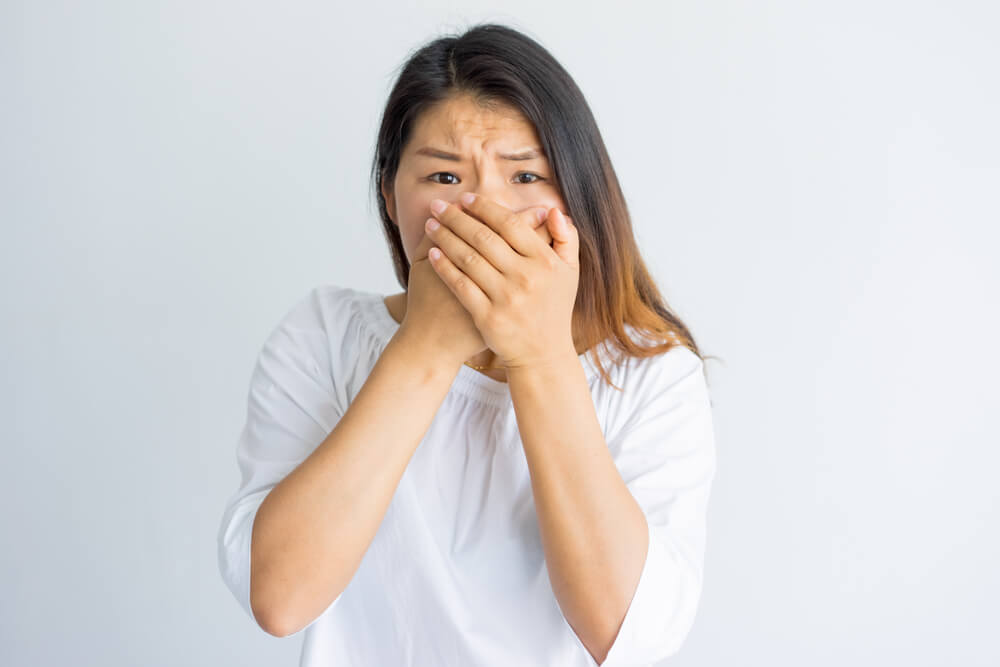DIAGNOSIS
Burning mouth syndrome don’t usually develop any physical changes to the affected areas.
There is no examination being conducted that can help resolve burning mouth syndrome. However, your doctor or dentist may try to determine problems by ruling out other possible conditions before diagnosing burning mouth syndrome.
Your doctor or dentist likely will:
- Review your medical and medication records
- Examine your mouth
- Interview you for your old habits and oral care routine
Your doctor will also likely to make you undergo a general medical exam and will look for signs of other conditions. Tests include:
- Blood tests.These tests will determine your glucose levels, blood counts, nutritional factors, thyroid function, and immune functions, which will provide information about the cause of your mouth condition.
- Oral habits or oral biopsies.This can determine whether you have a bacterial, fungal, or viral infection in your mouth by taking samples and analyzing it.
- Allergy tests. These tests will determine if you are allergic to certain additives, foods, and substances in dental work.
- Salivary measurements. Burning mouth syndrome causes you to have a feeling of dry mouth, and this test will confirm if you have a decreased salivary flow.
- Gastric reflux tests.These tests can help your doctor if you have GERD.
- Your doctor may suggest imaging tests to examine for other health problems. This includes an MRI scan, CT scan, or other imaging tests.
- Medication adjustment.If you are taking medication and your doctor suspects it for your mouth discomfort, your doctor will likely reduce the dose, change to different medicines, or temporarily stop your medication.
TREATMENT
As there is no known cure or how to treat glossodynia or burning mouth syndrome, doctors will likely treat you depending on specific symptoms and to control discomfort. You may need to find one or a combination of treatments by trying different treatment methods to find the treatment that is suitable for you.
Treatment options may include:
- Saliva replacement products
- Specific oral rinses or lidocaine
- Capsaicin pain reliever
- Anticonvulsant medications
- Certain antidepressants
- Medications that block nerve pain
- Cognitive-behavioral therapy


